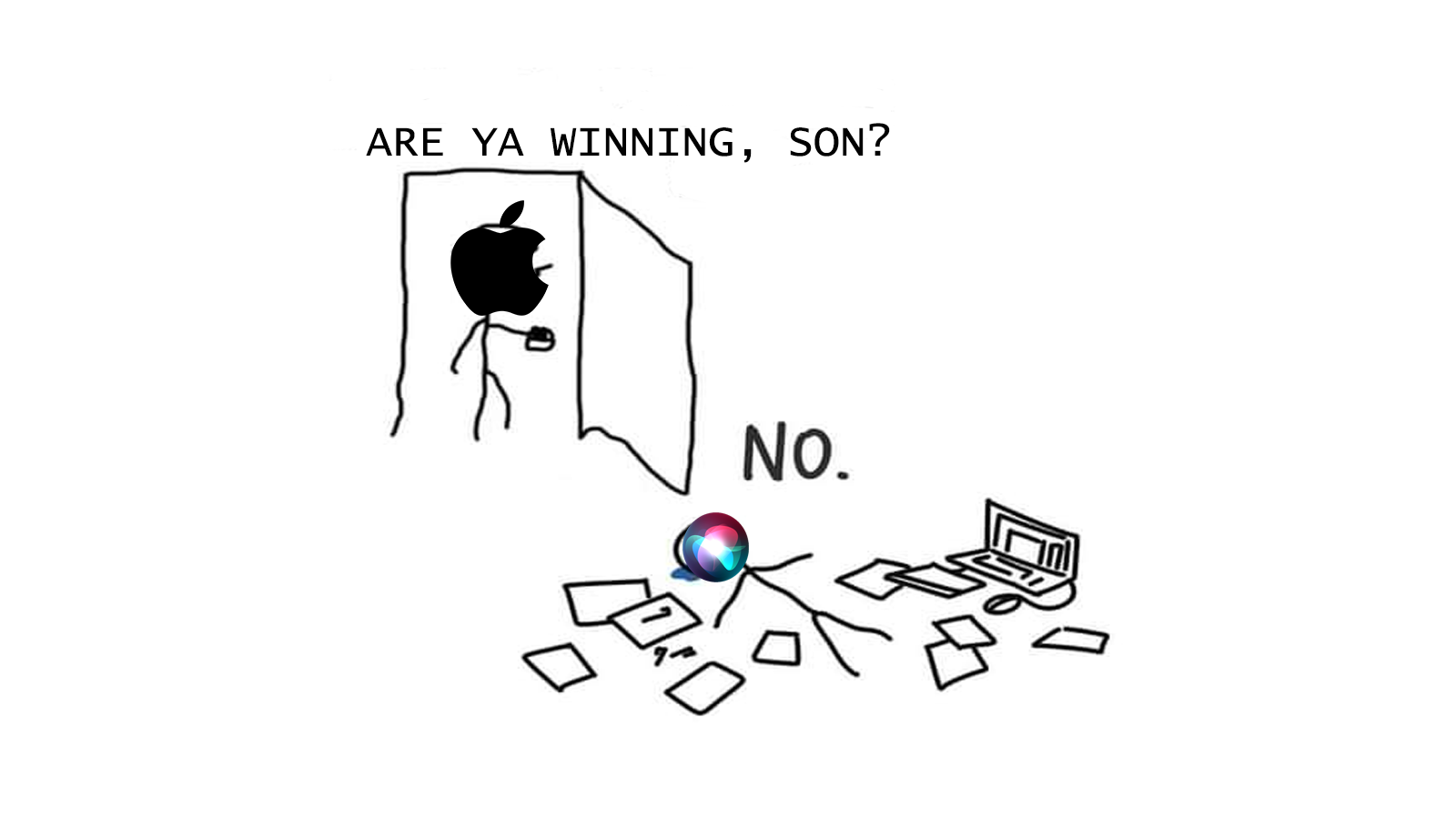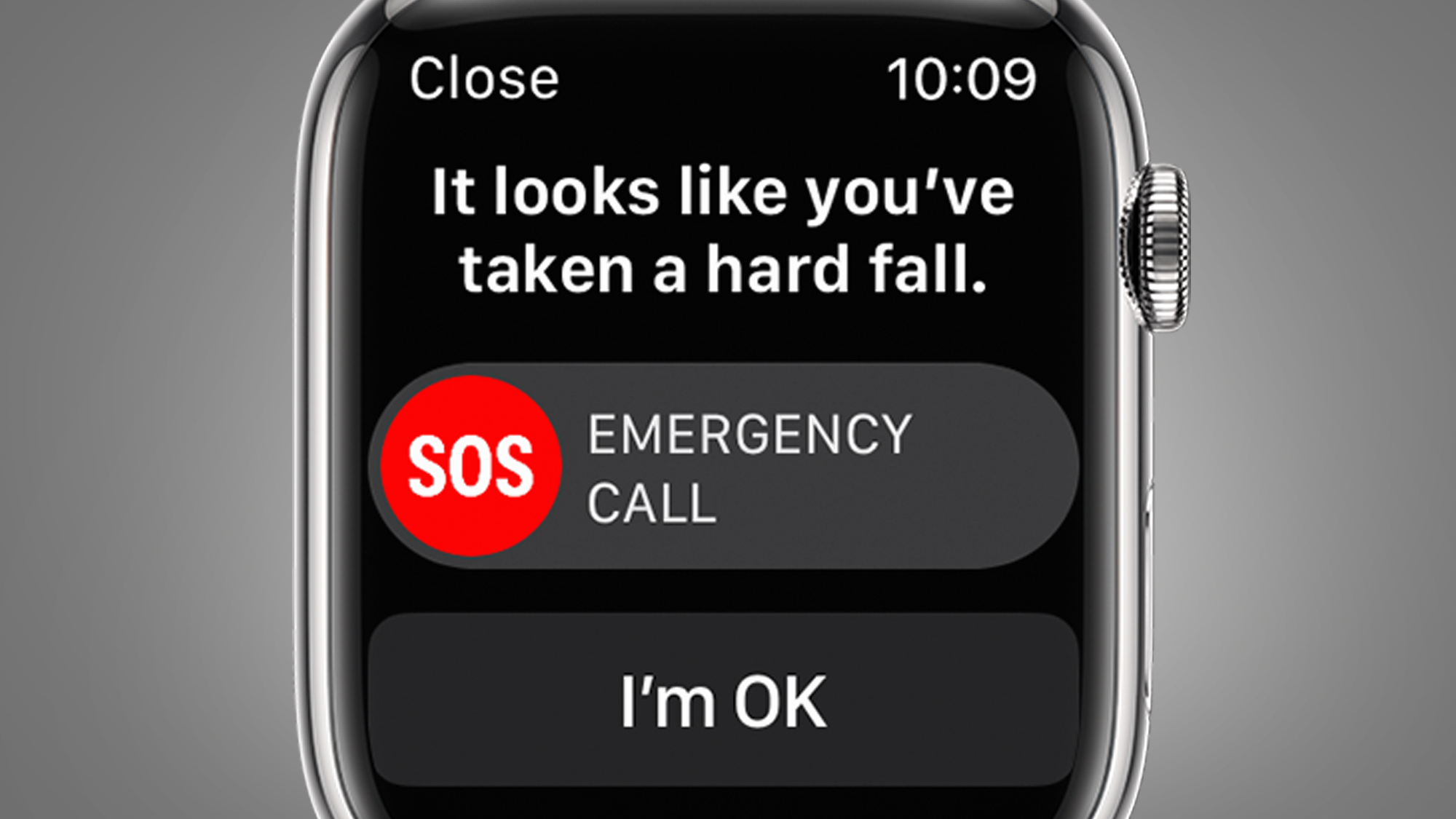Back in 2011, Apple added its Siri voice assistant to any iPhone running iOS 5 and above, and since then, Siri has made its way onto the whole range of Apple’s products.
Technically speaking, Siri’s original developers should get the credit here - many people still don’t know that it was actually a third-party iOS app for just a few months before Apple acquired it, stopping any plans to bring the software to competitor operating systems like Android and Blackberry.
In response, we saw a veritable uprising from the world’s biggest tech companies to try and compete. Microsoft introduced Cortana in 2013, Amazon Alexa joined the fray in 2014, Google with Google Assistant in 2016, and even more recently we’ve seen newcomers like Bixby and Baidu pop up.
As these applications have battled it out, however, a new player has entered the field with an entirely different skill set that could disrupt the voice assistant space completely; ChatGPT.
Spot the difference

So let’s get the differences out of the way first. ChatGPT is an incredibly powerful chatbot with a human-like vocabulary bolstered by near-unfettered access to information. Siri and other voice assistants, alternatively, are programmed to be more binary, with set requests and responses that they can understand.
If you were to ask ChatGPT for assistance in writing or problem-solving, or even some more unique use cases, you’re likely to be surprised and delighted by its capabilities. Powered by the same technology, Bing can also comprehend more challenging questions, even if you ask it about love.
ChatGPT was created by OpenAI, a company which - as its name suggests - allows its technology to be implemented by other organizations, rather than the closed-source proprietary tech that's found in Siri. This means app developers can easily add ChatGPT to all kinds of interesting and exciting apps.
Siri, however, wouldn’t be able to do the same. It’s great for task assistance, especially when boosted by shortcuts, and for quickly navigating tasks hands-free on your phone.
However, it’s frustratingly limited in scope beyond this and struggles to deal with more complex requests even in comparison to Alexa, despite Apple's efforts to enhance it over the years. Plus, I still have a bone to pick with how rubbish its voice recognition can be.
Get with the program, Apple
Microsoft is now stealing the lead in the innovation race with Bing, despite some early teething issues, but Google is hot on its tail. Now, while these are both progressions in the search engine space, it’s only a matter of time before eyes turn to voice assistants.
Siri is used for search, after all - but despite having many years to iterate, search remains one of its most frustrating, clunky features.
Already, keen users are creating ways to embed ChatGPT’s more advanced conversational processing into Siri. It’s far from perfect, and there are some natural, very warranted security and privacy concerns on ChatGPT’s part here, but this eagerness to bolster Siri’s capabilities shows the potential here for Apple to capitalize on.
So, why is Apple dragging its feet?

Playing the long game
For me, there’s only one reason a giant like Apple wouldn’t move with pace to recapture the voice assistant market. Like the great tactician Cruella de Vil, Apple may just be biding its time before striking to recapture the voice assistant market.
“You come to realize, you’ve seen her kind of eyes watching you from underneath a rock”
Disney's 101 Dalmatians
Apple made a slew of AI acquisitions in recent years that we haven’t seen amount to much, and despite a few small rumors indicating something might be coming, the tech giant has been characteristically reserved since the big Bing and Bard blowup.
My take is that Apple was always planning to release something, but I find it hard to believe ChatGPT and Bing didn’t somewhat blindside it. After all, even Google seemed a little pressed to get Bard up and running quickly in response. As a result, Apple was faced with two choices; rush to join the race, or wait and see how the chips fall. Seemingly, it chose the latter.
Now, while Apple wouldn’t stand to lose much by biding its time, it could win big if it comes out with a Siri far more capable than anything else on the market - and if we look at the wider Apple ecosystem and progress elsewhere in the tech space, it seems likely that the company is hoping to kick off with a bang.
Take the smart home space, for example. This year will see Matter, the software standard driving smart home interoperability, begin to really make an impact in people’s homes. If Siri can get the jump on Alexa and Google Assistant, a more conversive and customizable Siri could rocket Apple Home into the lead. Think Disney’s Smart House, but without the murderous vibes.
We’re just a few months out from WWDC, Apple's developer conference in California, which is an event where the company usually showcases its latest software updates (and launches the odd piece of hardware as well). By the time it rolls around, the dust will have settled somewhat on Google and Microsoft’s forays into AI. So long as Amazon doesn’t step in with its own major Alexa overhaul, this could be the perfect opportunity for Apple to sweep in and steal the limelight - potentially, even, with a much more thoroughly thought-out AI.
Time will tell - but one thing is certain: slow and steady may win the race, but not if you never leave the starting line.
No comments:
Post a Comment